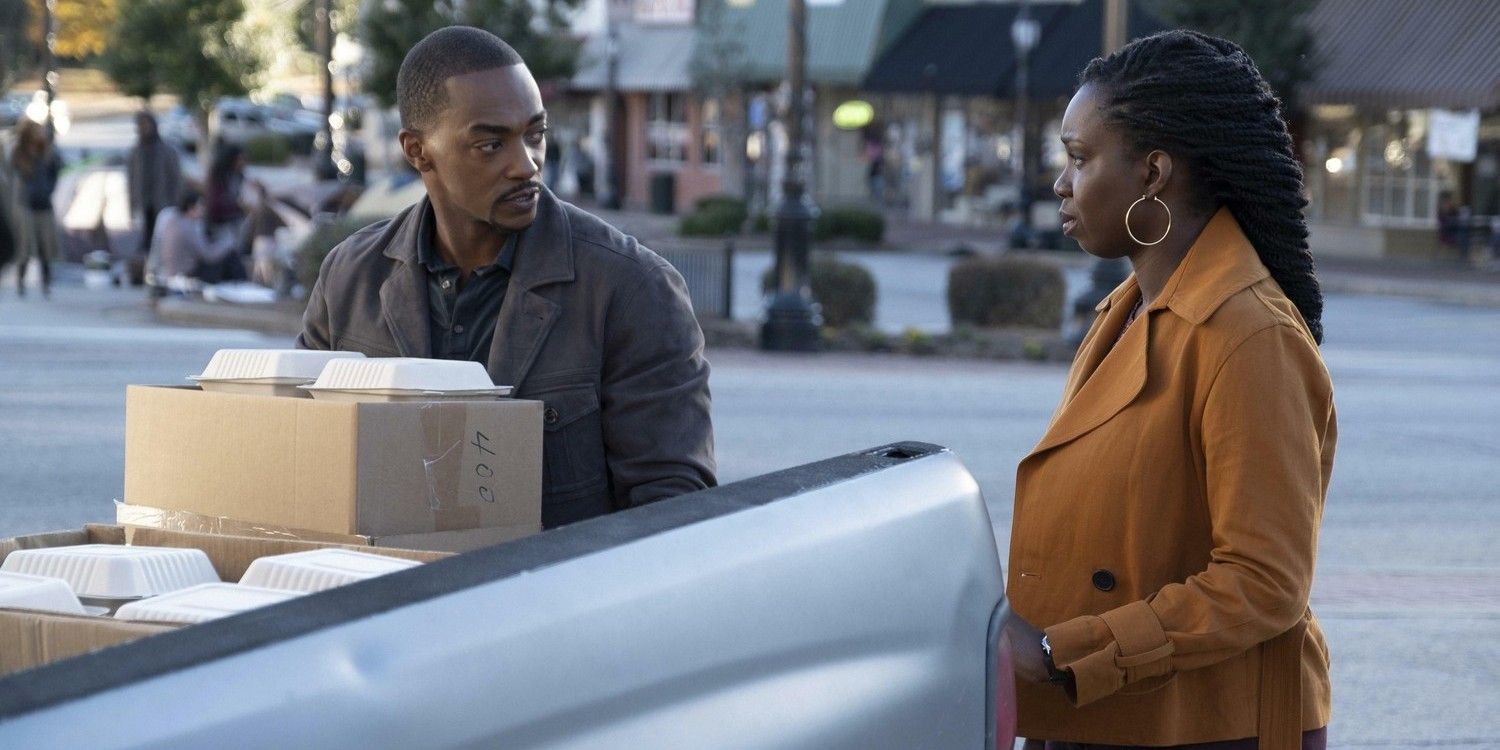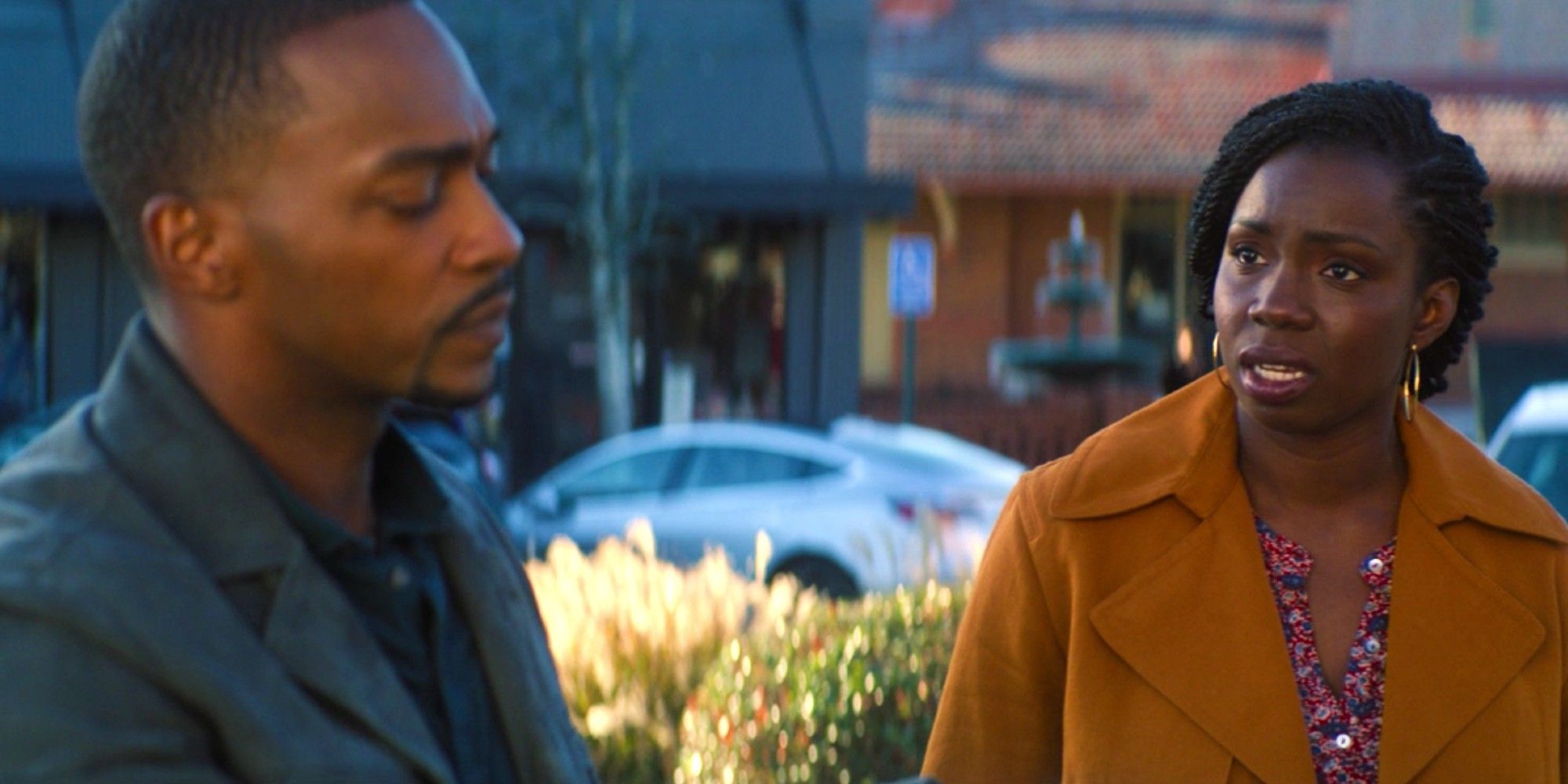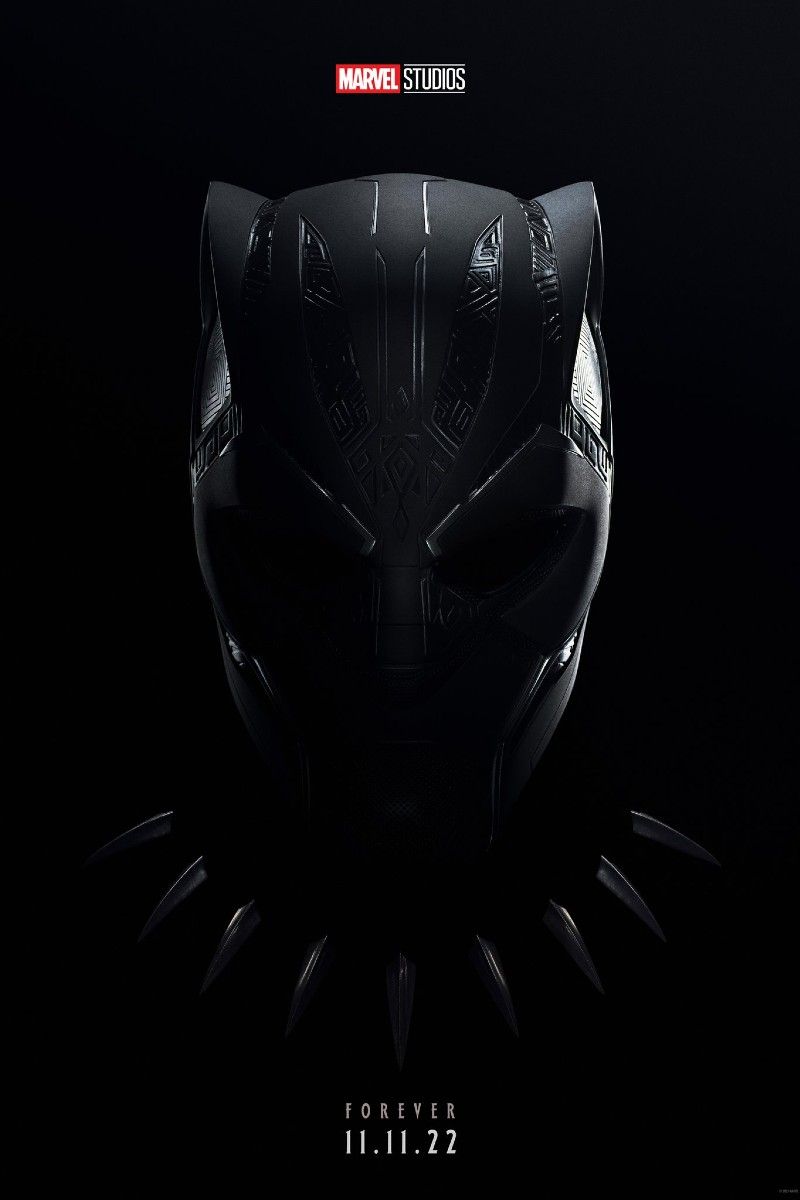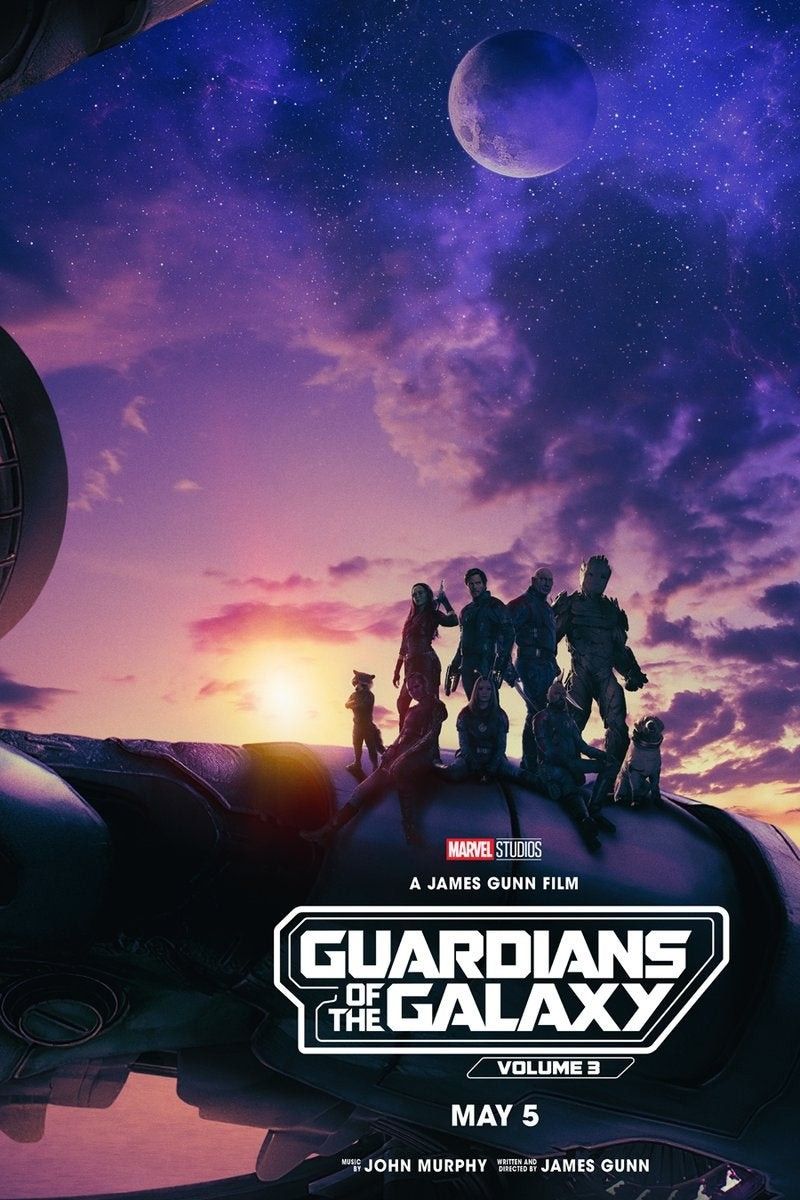When The Falcon and the Winter Soldier was announced, it was clear the MCU was going to be diving deeper into the lives of its titular characters, but no one at Marvel had considered how the Avengers make their money. In the series' first episode, Sam Wilson returns to Louisiana and attempts to secure a loan to save his family's fishing boat. The scene served Falcon and the Winter Soldier's story on multiple levels. Not only did it highlight the racial biases in economic institutions like banking, but it also highlighted a question not many had thought about before.
Many of Marvel's heroes come from different economic backgrounds, as highlighted by their various solo features. Tony Stark was clearly one of the wealthiest thanks to his multi-billion dollar company, Stark Industries. As the Avengers de facto leader, many even assumed that Stark simply paid many of its members. That clearly wasn't the case, though, and fans weren't the only ones who hadn't really thought about this prior to Falcon and the Winter Soldier.
Head writer Malcolm Spellman revealed to Kevin Smith that the studio had never thought about how superheroes get their money. Going into the series, Spellman knew that Sam Wilson's family was going to be struggling financially, but when he brought up this part of the plot, everyone at Marvel had notes to add to the hypothetical situation. This resulted in numerous conversations about the economics of the situation and Spellman was surprised that the moment resonated with so many fans.
That storyline was in the pitch - the bank scene probably was not because I couldn’t be that specific at the moment, but I knew their family business... I had done some research on black fishermen in Louisiana and I knew that their family was struggling because of what these banks were doing, driving people out of business. It is funny because that scene hit on two different levels. On one level, it was Sam was black before he’s the Falcon and he can’t get a loan. But then the [other] level - one of the things that pulled in so many execs at Marvel is like ‘wait a minute, this is a huge deal, if we’re gonna start talking about how superheroes make a living’… Like the volume of notes that came in just on that, and the amount of meetings on like, ‘well how do they?’ It seems hella simple to say he has military contracts but anyone who writes [knows], we got all kinds of convoluted sh-t before you get down to something that simple. That sh-t was a trip, that really touched something for fans that surprised me. Whether they knew it or not, they’d been waiting to have that discussion.
Falcon and the Winter Soldier was already gearing up to introduce conversations into the MCU that had yet to happen. The series has been praised for its discussions about race and what it means to be a hero. Beyond that, though, economic inequalities are rarely addressed in superhero films and series like they were in Falcon and the Winter Soldier. In fact, many just assumed that because they were saving the world, superheroes must have been raking in the money. That clearly wasn't the case and Sam's moment in the bank with his sister Sarah served as a stark reminder of that.
With those conversations being had at Marvel, it's possible they could be addressed in the future and the studio's Disney+ series are the perfect place to do so. She-Hulk will be a legal comedy and that could be a perfect show to explore the more nuanced details of what it means to be a superhero in the real world. MCU movies just don't have the time to address these subjects, but The Falcon and the Winter Soldier proved to be the perfect opportunity to introduce them into the universe.
Source: Kevin Smith










